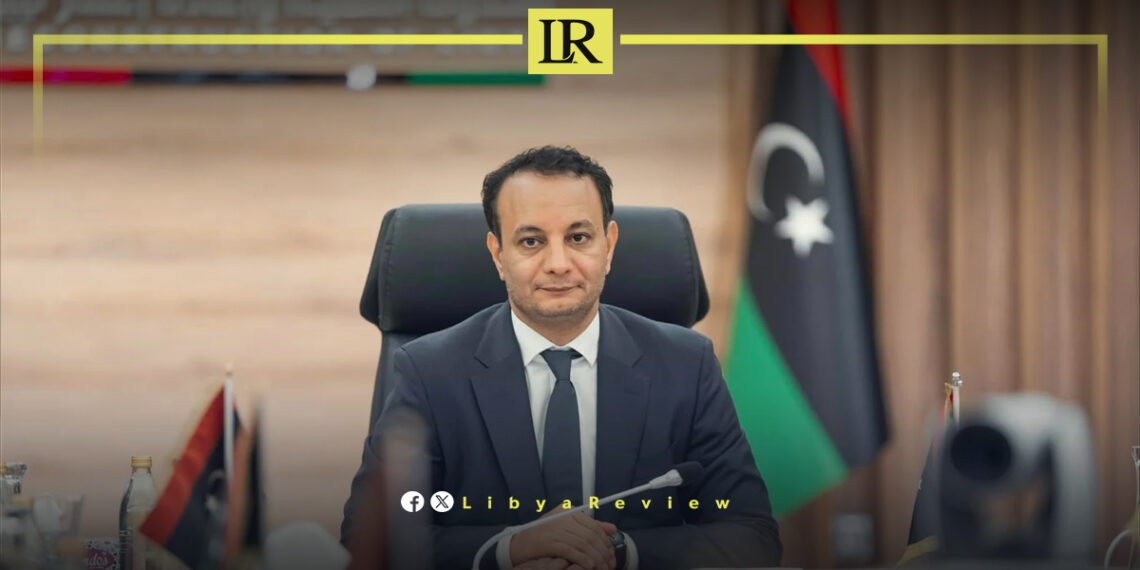Belgassem Khalifa Haftar, Director General of Libya’s Reconstruction and Development Fund, announced that major development projects in Benghazi are set to launch by the end of next year, as part of the city’s transformation into a leading economic center in Libya.
Speaking during the “Amarna” podcast alongside Italian Ambassador to Libya, Gianluca Alberini, Haftar said the recent Libyan–Italian Economic Forum has opened wide channels of cooperation between Italy and Benghazi. The forum saw participation from nearly 100 Italian companies, signaling renewed international confidence in Libya’s eastern region.
He emphasized that Benghazi has now embarked on a serious path of reconstruction and growth, and that its economic revival is unmatched in recent history. “By the end of next year, several large-scale projects will be inaugurated as scheduled,” he stated.
Italian Ambassador Alberini echoed these sentiments, noting the momentum in Benghazi’s development, and affirming that Italian firms are ready to begin operations following their participation in the forum.
The remarks reflect a growing effort to attract foreign investment, rebuild critical infrastructure, and position Benghazi as a strategic gateway for economic recovery and international trade.
Libya has been in chaos since a NATO-backed uprising toppled longtime leader Muammar Gaddafi in 2011. The county has for years been split between rival administrations.
Libya’s economy, heavily reliant on oil, has suffered due to the ongoing conflict. The instability has led to fluctuations in oil production and prices, impacting the global oil market and Libya’s economy.
The conflict has led to a significant humanitarian crisis in Libya, with thousands of people killed, and many more displaced. Migrants and refugees using Libya as a transit point to Europe have also faced dire conditions.
The planned elections for December 2021 were delayed due to disagreements over election laws and the eligibility of certain candidates. This delay has raised concerns about the feasibility of a peaceful political transition.
Despite the ceasefire, security remains a significant concern with sporadic fighting and the presence of mercenaries and foreign fighters. The unification of the military and the removal of foreign forces are crucial challenges.


